Step into Office Hours, a monthly series where Lang student Luna Dean talks with the New School’s talented and esteemed faculty to discuss their exciting projects, publications, and life stories. This month, Luna sits down with Christina Morina, the visiting Heuss Professor in History at the New School for Social Research.
Professor Christina Morina is the 2024-25 Visiting Heuss Professor in the history department at the New School for Social Research (NSSR). From east Germany, Morina is an esteemed professor of contemporary history, teaching at the University of Bielefeld with a particular focus on German history in the 19th-21st centuries. She has published multiple books and papers on topics including Marxism, German democracy, and the history of “bystanding” during the Holocaust. Currently, Professor Morina is teaching the course, The History of Democracy in the 20th and 21st Centuries at NSSR.
I first met Professor Morina in the fall of 2024 when I enrolled in the other course she teaches, History of the Holocaust. The course covered important historical events surrounding the Second World War and the Holocaust, looking especially at moments of resistance and bystanding.
I sat down with Professor Morina to discuss everything from the state of global democracy to her big speech in German parliament.
In looking at the contrasts between teaching Holocaust history in the U.S. versus at her home university in Germany, Morina claimed that a large difference was the level of knowledge that students had.
“Wherever your secondary education is located, this is the primary knowledge you have,” Morina said. “So students here, most of them, had just a basic understanding of German and European history of the 20th century.”
I asked Professor Morina why she chose to highlight the history of bystanding both within the course and in her own research. According to Morina, she prefers to speak of bystanding as opposed to the categorization of bystanders because she believes it is more useful. “I try to push forward an agenda that uses the concept of bystanding, stressing that it is a subject position that can be ephemeral, that can change … that is highly context-driven,” Morina said, “I think it better represents the dynamics that are necessary to exert or execute violence, to discriminate systematically and within a society.”
As explained by Professor Morina, the presidential and federal elections in the fall meant that she was constantly trying to strike a balance in class discussions: between addressing the relevancy of history in the current sociopolitical climate and studying the Holocaust as a historical subject in its own right.
“It was a nice environment to be in and reflect on the role you can have as a teacher and as someone who is supposed to know how to lead younger souls and minds through the present,” Morina said. “While at the same time teaching them basic skills and insights into history. So, it was quite an extraordinary experience.”
On Sept. 10, Professor Morina was invited to give a speech at the German Federal Parliament, the Bundestag, for the 75th anniversary of the parliament’s first session in post-war Germany in 1949.
“I was asked and invited, I think because my [recent] book had made a splash. It resonated with West Germans, and it resonated with East Germans. For very good, but distinct reasons,” Morina said. “[It] is a truly integrated perspective on post-war German democratic history.”
Professor Morina herself is an East German who grew up under the communist regime of the German Democratic Republic (GDR), prior to the reunification of Germany after the fall of the Berlin Wall in 1989. As a historian, she was asked to reflect on the current climate and the future of parliamentary democracy. Morina said that it was one of the most momentous lectures she had ever given.
“It’s also a huge responsibility because there is this celebratory culture of the German state in cherishing, remembering, and realizing what we’ve achieved in terms of building democracy since the catastrophe of Nazism,” she explained. “It is such a huge and distinct deal in Germany.”
In her speech, Professor Morina tried to get at the heart of what neo-nationalist and populist movements are about. In her view, they not only promote racism and internal imperialism, but external imperialism, which she sees being reflected in the current state of the U.S. becoming such a power.
“I only realized that I had written quite a political speech by holding it,” Morina said. “… it’s not something that you can imagine in advance.”
In her speech to parliament, Morina directly confronted the right-wing populist and nationalist parties that have gained popularity in Germany in recent years. At many points while speaking, the conservative and right-wing representatives erupted into shouts and jeers in an attempt to display their opposition to her message.
The far-right party, Alternative for Germany (AfD,) gained almost five more points in the 2024 election and is currently polling in second place ahead of the Feb. 23 election. In January, Elon Musk endorsed this party and just last week, Vice President J.D. Vance met with Alice Weidel, co-leader of the AfD.
“The conservatives have now voted with the right-wing populists, just recently, right after the commemoration of the Auschwitz liberation on Holocaust Remembrance Day,” Morina said, noting that this was a juxtaposition that would have been unimaginable just a year ago. Morina received applause and support from the rest of parliament, many of whom came up to her afterward and thanked her for her sentiments.
Morina explained that, although she doesn’t know the exact impact her speech had, it was a striking moment and one of the most memorable experiences she has lived through.
In her speech, Professor Morina mentioned criticism as one of the basic conditions of democratic politics. According to Morina, she included this message to differentiate between civil discourse and criticism as a constructive approach to politics, and public critique that goes beyond the rational.
“Pluralism, if it takes itself seriously, should be able to include and accept all kinds of positions,” Morina said. “Without criticism, a society becomes static and unable to change or even improve.”
Morina explained that rational discourse is important but, in the last two decades, we have experienced the increased polarization and radicalization of this public discourse.
So what can history add to the discourse on political criticism as a pillar of a functioning democracy? In her courses and research, Professor Morina tries to find questions that we can ask of the past: “Not only how things got worse and democracies were destabilized and destroyed, but also what were the conditions under which societies [were] de-radicalized? Under which, fascist or nationalist threats were actually made to recede and could be diminished?”
As a historian and teacher, Morina implores us to ask questions like, “What kinds of protest movements were effective in the past in restoring the liberal order? What does it take to liberalize society after it has been radicalized and illiberalized?”
Professor Morina believes that historians can add an important perspective, even if they don’t have all the answers. Being able to ask the necessary questions and look at historical patterns is of crucial significance, now more than ever. It is why Professor Morina’s specific fields of study in the history of democracy, bystanding, and the Holocaust have each brought up vital examples of social behaviors, systemic discrimination, and violence — all of which students are interested in connecting to conversations about the present.
“I have the honor to put myself into the tradition [of the Heuss Professorship],” Morina said. She believes that it may be a good time for The New School to revive this legacy: a legacy of sticking up for those most vulnerable in society and standing up against illiberal forces.
“I feel very welcome here,” Morina told me. “It’s an exciting year for me and my family.”
Read more about the history of the Heuss Professorship here.
This interview has been edited for length and clarity.

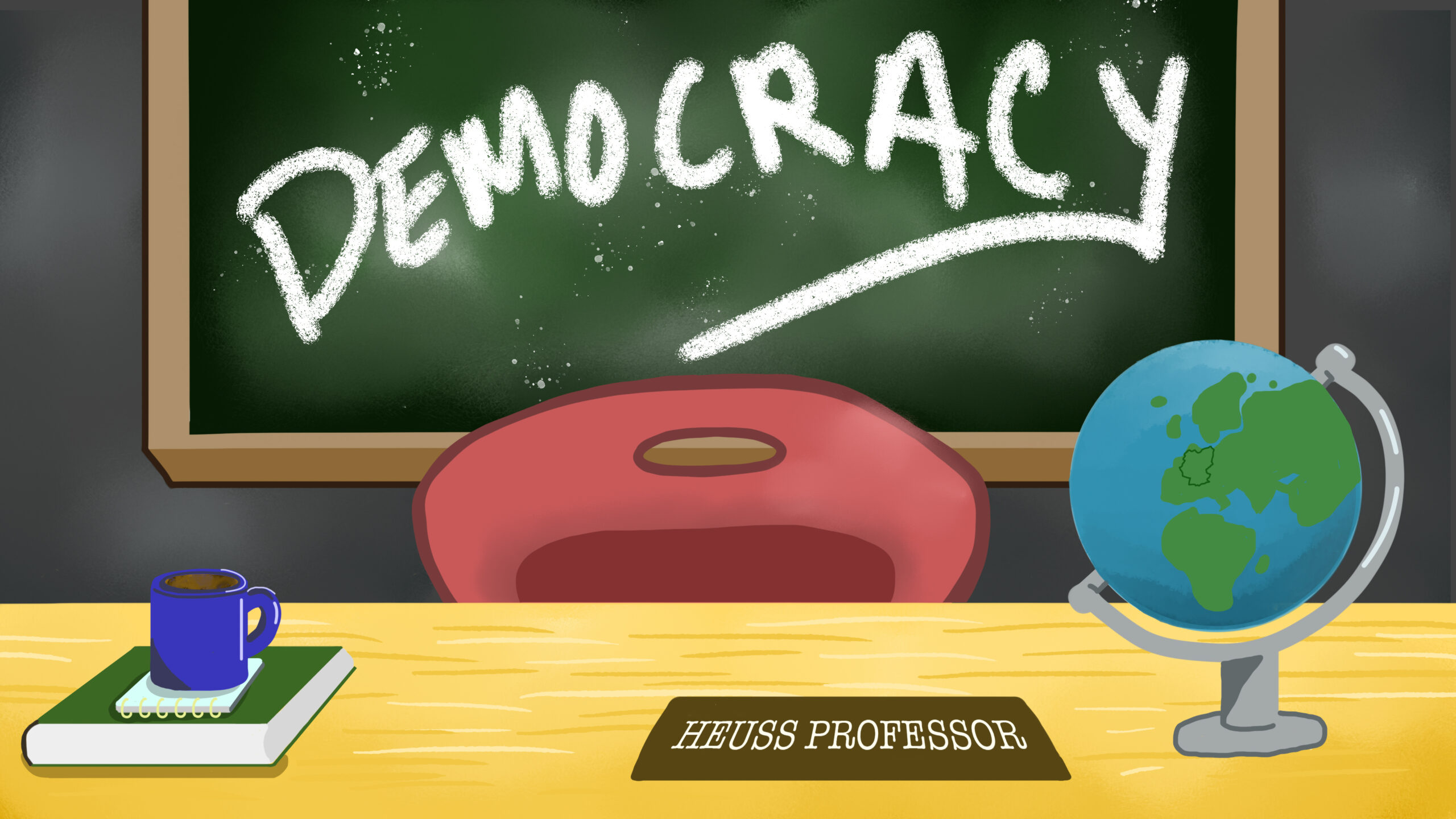

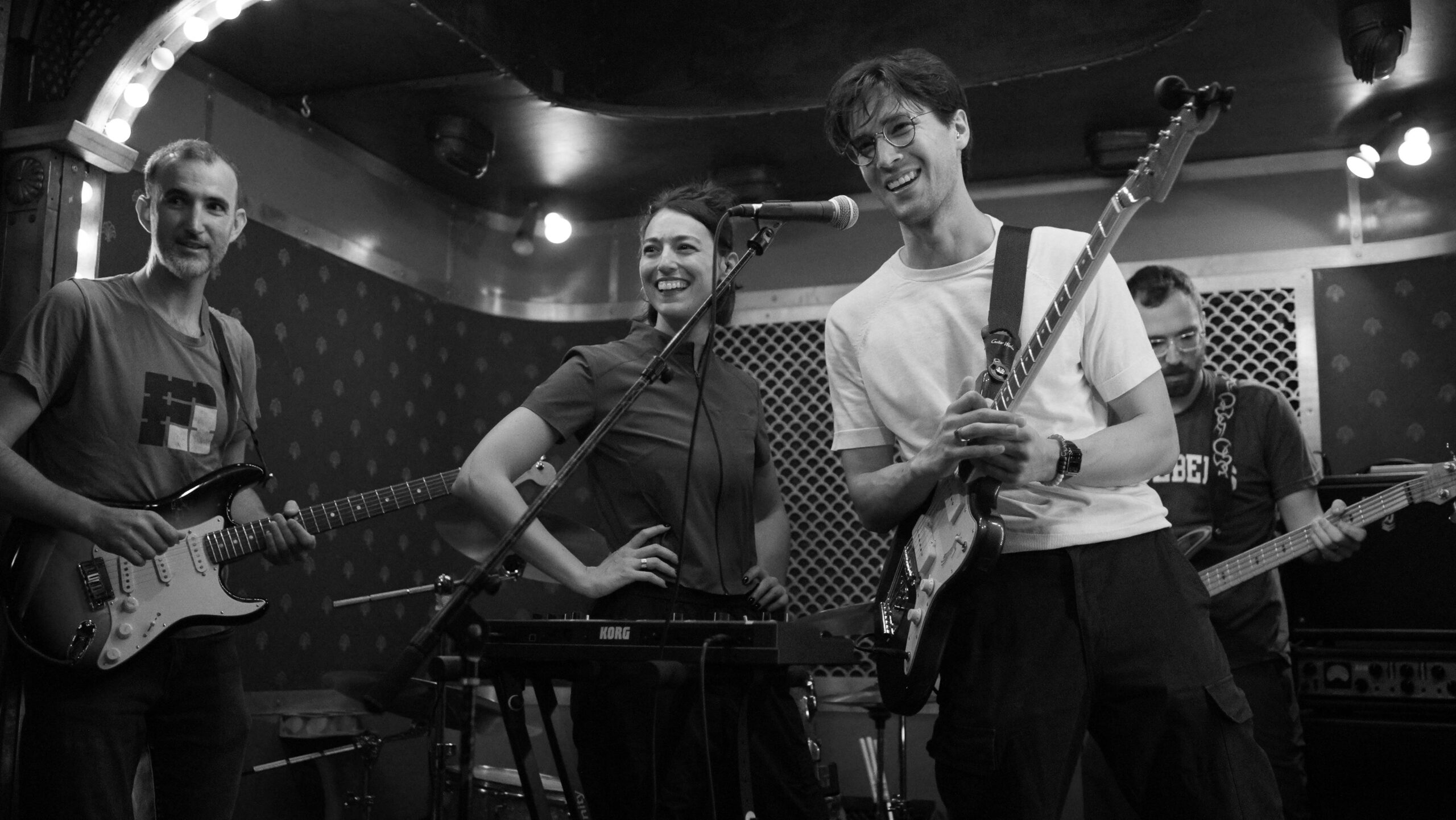
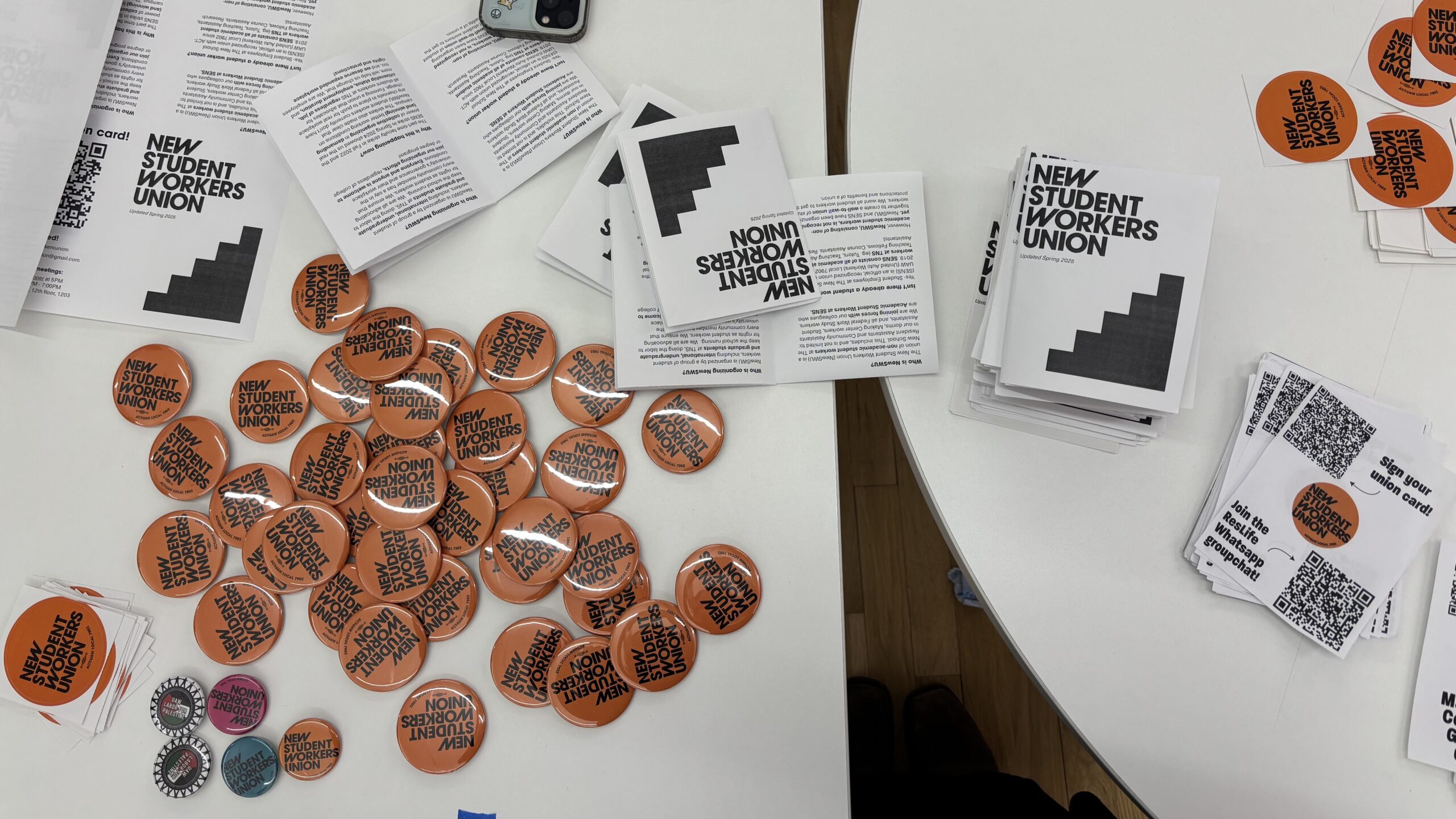
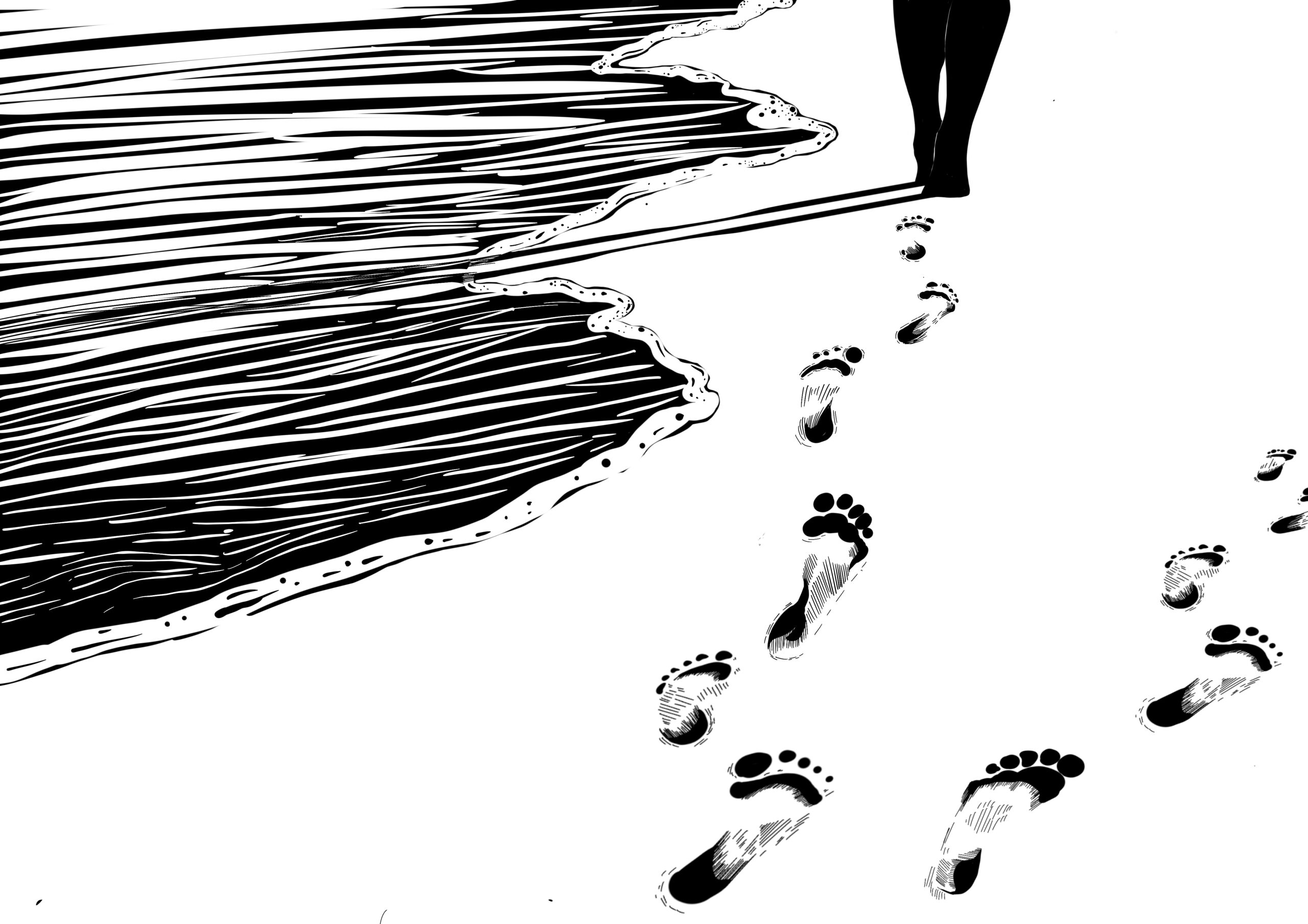
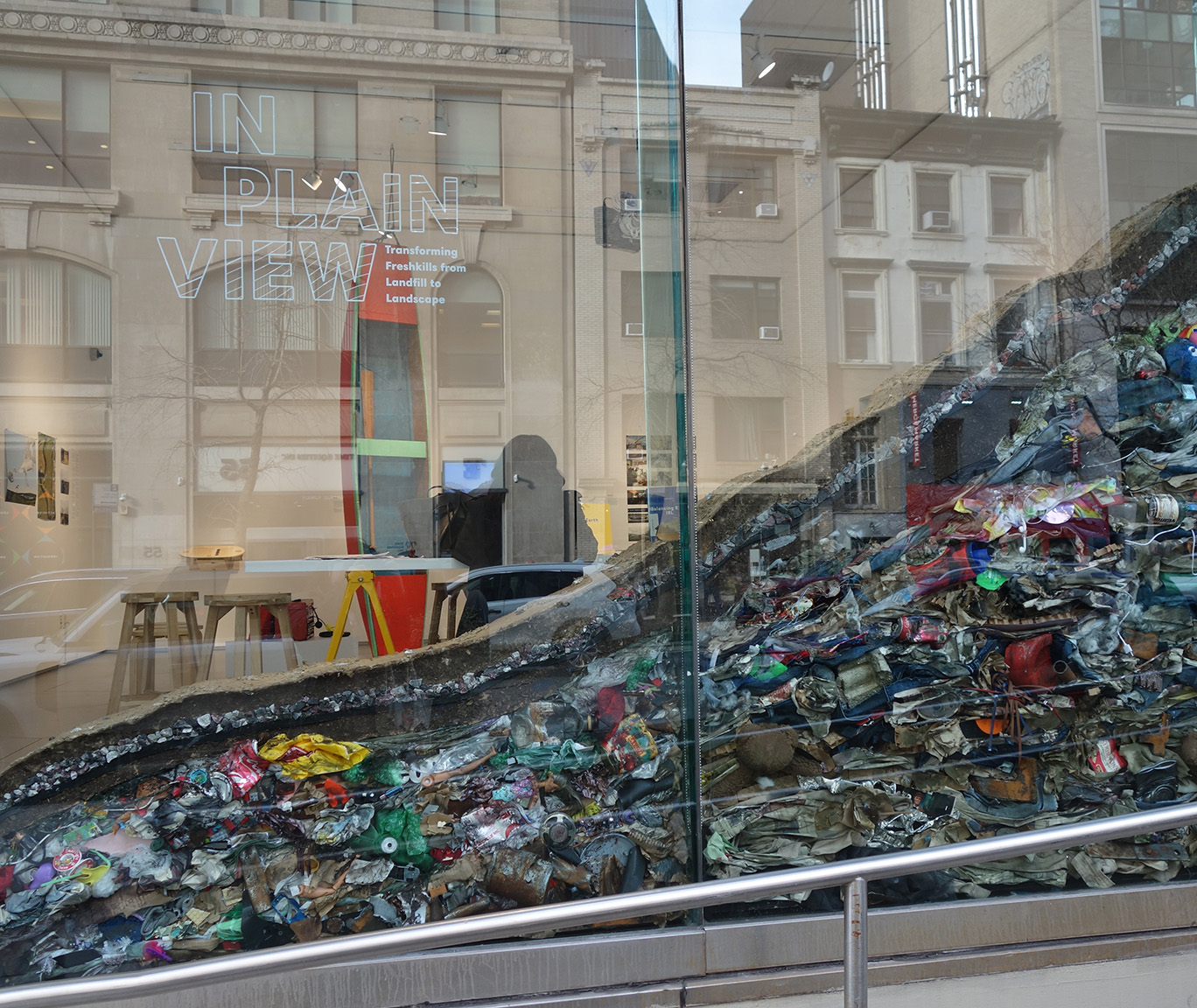

Leave a Reply